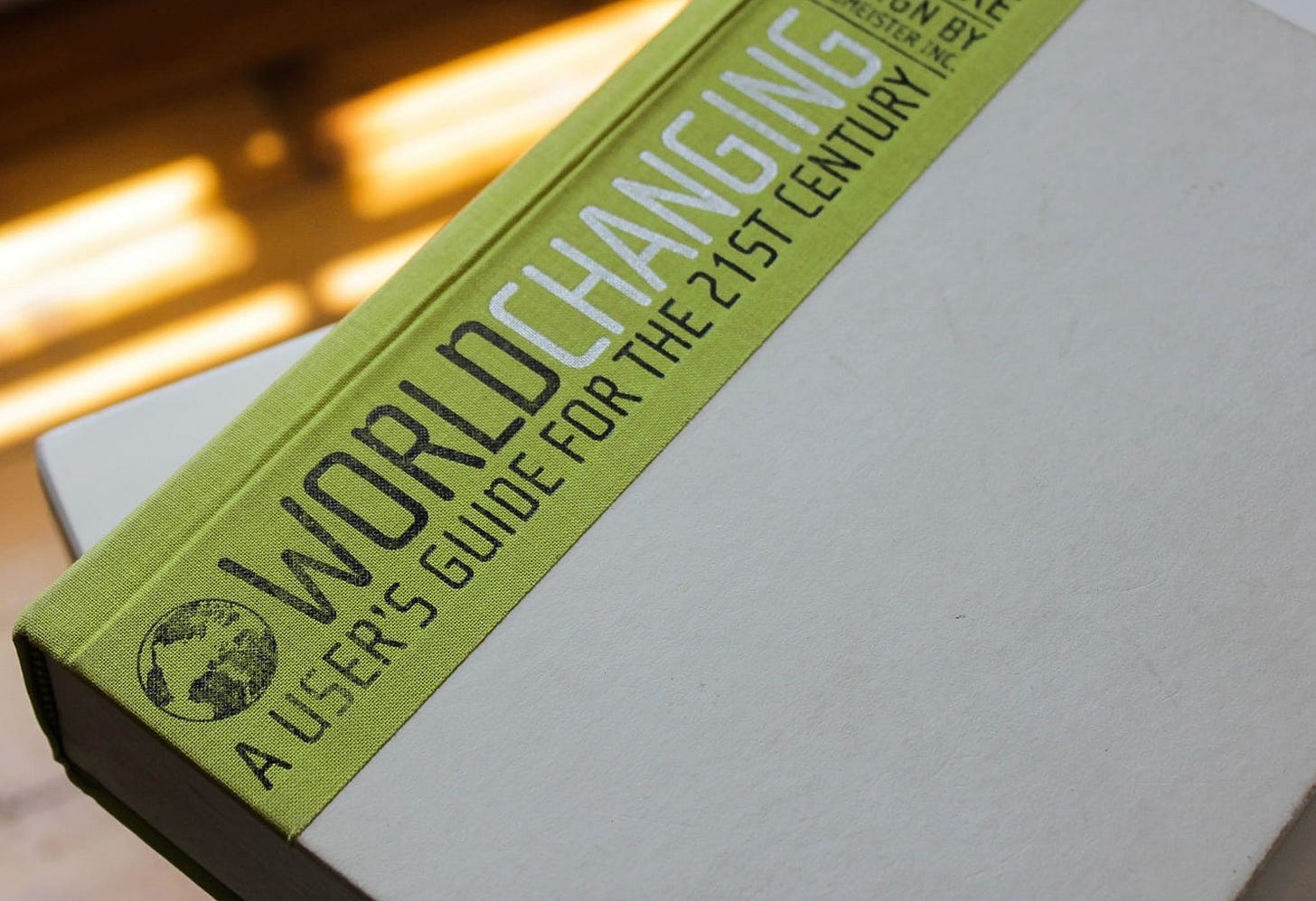Welcome to WorldWise, a newsletter to help discerning readers get truly global insight where current affairs meet humanity, written by Anita Makri.
This is the WorldWise View edition, with analysis and some of my favourite sounds.
👉🏽 In case you missed it: catch up on the week’s news briefing here + now you can also find the newsletter on Twitter.

Exactly one year ago today.
That’s when Covid-19 first featured in this newsletter, with three bullet points about a mysterious pneumonia being monitored in China.
As things stand—and allowing for imperfect comparisons—the pandemic is considered one of the 10 deadliest in history. This nice infographic by the Visual Capitalist shows you where it features alongside events like the 1918 ‘Spanish flu’ and the Black Death in the 14th century.
Where does it leave us?
The usual year-end predictions didn’t seem plentiful as 2020 drew to a close. After a year that unfolded as it did, trepidation to predict is understandable. But a few brave souls took the plunge. The Economist was prolific on that front, and had some interesting things to say on various aspects of what changes we can expect to see in coming months and years (though reforming economic systems wasn’t one of them).
Based on a few sources looking at this from different angles, here’s my edit of global debates likely to feature strongly in 2021 and beyond.
Vaccine diplomacy dominates
“Vaccine diplomacy will become a major 2021 theme.”
Raj Kumar, editor-in-chief of Devex, writes that inequalities will be felt '“viscerally” as people around the world wait for a vaccine shot while advanced economies reach high levels of immunisation during the year.
Vaccination is likely to become increasingly political within regions—especially hard-hit areas like middle-income countries of Latin America and South Asia—and internationally, as countries fight over who should get them and when. As we saw in this week’s briefing, China and Russia are already exercising soft power by finding buyers in many developing countries. Kumar sees a “global development Cold War”.
How nature and health link to economies
"Covid-19 has served as a warning."
That’s both about the costly consequences of how humans are disrupting nature—including the slaughter of animals for food—and what lies ahead with the impacts of climate change, according to the Economist.
But the links between economies and health aren’t limited to novel pathogens, says Amal Amin in the World Economic Forum. What is less well-known is that poor public health costs twice as much as what the pandemic is thought to have cost the global economy so far, estimated at 8% of real GDP. Premature deaths and lost productive years happen regularly, and are linked to many other conditions.
A new appreciation for the state
“One possible tipping point arising from the pandemic [is] a transformation in the role of universal social protection.”
Research by Oxfam has documented that many governments around the world have expanded social protection in light of the pandemic. And they’ve had to “dig deep” into their coffers or borrow from banks to do that. According to the World Bank, the global expansion of money transfers for social protection has reached 1.3 billion people.
It’s significant that the Economist notes this shift too, suggesting that liberal economists may begin to see raising welfare as an option. “The events of 2020 drew attention to the importance for prosperity of factors that economists often neglect, such as state capacity and social trust,” it writes.
Movement, and development, get more local
“Tourism will shrink and change shape, with more emphasis on domestic travel.”
That’s Tom Standage in the Economist, predicting “a less footloose world”. He believes cultural exchange will suffer too, as will universities that rely on income from international students.
In global development, the shift could be a catalyst to solidify a long-term shift towards localisation, according to Kumar. For one, the decolonisation movement picked up momentum in 2020. It’s now easier to identify and fund local organisations directly, and there are signs philanthropists are keen to do that.
Science and the media remain vital, and contested
“Only the world wars have rivalled Covid-19 for news coverage.”
That’s the Economist again, with graphic detail.
Media coverage doesn’t always tally with the extent of the crisis, Olivia Pearlman and colleagues write in Lancet Planetary Health. And arguably, it’s not always on point. But it matters. We know that stories about the pandemic have a strong impact on what people believe.
There’s also evidence that bogus remedies, myths and fake news have cost lives, according to Amin. That means journalists have a crucial responsibility to get the science right, she says.
Late last year I interviewed leading journalists from around the world who are very aware of that responsibility for this feature out today in Nature Medicine. Their responses reveal the many dilemmas and challenges they grappled with in their pandemic coverage during 2020, whether for the New York Times or Folha de S. Paulo or the Times of India.
The Economist argues that the pandemic is a “remarkable demonstration of what science can achieve”—from rapid sequencing of the virus to decoding its disease-causing features to developing vaccines. Will societies now find new respect for scientific knowledge?
PS: If you missed my own take (posted in December) of what’s emerging post-COVID, you can read about it here—in a word, inequality.
A final note from the week’s soundtrack 🌎
WorldWise is an independent newsletter—thanks for your readership and support.
Thoughts to share, or something I missed? Hit reply or leave a comment.
Enjoying it? Share and invite others to subscribe, or just tap the heart button.
Want more global journalism? Get in touch to discuss sponsorship options.
📬 Find out more and subscribe | 🙏 Support on Ko-fi | 🔹 Follow on Twitter





